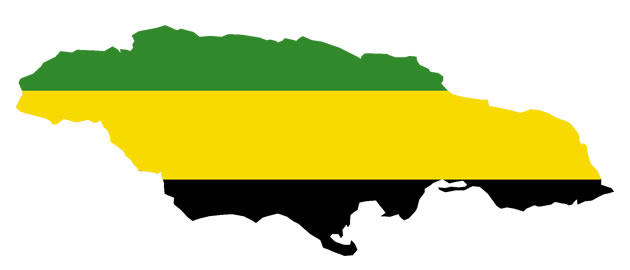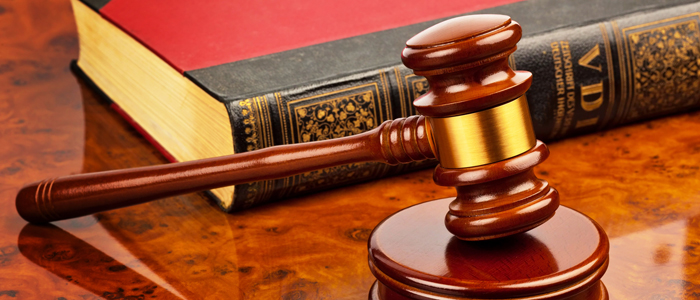Unpacking the history of Jamaica

 The Reader With Lovemore Ranga Mataire
The Reader With Lovemore Ranga Mataire
THE history of African people has over the years been at the mercy of diabolical desecration by those bent on perpetuating the myth that black people never contributed anything to world civilisations and that black people have no tangible history because, according to early European writers like Joseph Conrad, they were half-humans.
Slavery further robbed the African of any sense of belonging and identity as any connections to the historical and generational genealogy was cut as individuals were forcibly taken across the oceans to work as slaves in the Americas or what is commonly referred as the Caribbean.
The late Chinua Achebe aptly describes this sense of rootlessness when he referred to the black people in the Caribbean as having suffered what he called double alienation by being physically removed from their homeland and also finding themselves in unfamiliar environments in the Americas.
In an attempt to capture the history of Africans in the Caribbean particularly in Jamaica, which is one of the biggest islands in the Caribbean, Clinton V. Black authored History of Jamaica, arguably the first comprehensive book that traces the history of the black people and their contributions to the development of that country.
History of Jamaica was first published in 1958 by Black, who was the government archivist at the Jamaica Archives (Spanish Town). While its target audience was mainly schoolchildren, it is an essential text for any reader yearning for a better understanding of Jamaica. Rigorous in detail, the aim of the book was purely educational in its straightforwardness.
It is so chronological in that it even includes a time-line on the first two pages for an easy overview of the main events.
The book traces the prehistoric era to the period when the island was under Spanish rule, the English invasion and the period of the Buccaneers. There is hint of imperial history narration when it comes to Black Slavery as it is told in matter of fact manner, going further to the period of emancipation, the rise of Marcus Garvey and the journey to self-government, which brings “History of Jamaica” into the twentieth century.
According to Black, Jamaica was once inhabited by Arawak natives when it was first sighted by the second voyage of Christopher Columbus on May 5, 1494. Columbus was stranded on the island for a year between 1503 to 1504 during his fourth voyage. Jamaica was at the mercy of two European powers, Spain and England.
The first to claim territory were the Spanish, who settled in Jamaica in 1509 and held the island against any raids from the main city, now called Spanish Town.
The island was later conquered by the English in 1655 but the Spanish stubbornly held on to their claim until 1670.
Until the abolishment of slavery in 1833, the island sugar plantations all depended on slave labour mainly made up of blacks and a minute number of Indian indentured labourers. The African slaves were captured, kidnapped, sold into slavery from West and Central Africa.
African slaves were largely responsible for the rise in sugarcane production as the main export of the island.
According to Black, many slaves arrived on the shores of Jamaica via the Atlantic slave trade during the early seventeenth century, the same period when the first enslaved Africans arrived in North America. By mid nineteenth century the African population in Jamaica outnumbered that of ethnic Europeans.
While Black’s book is essential as a pioneering text of early Africans in Jamaica it suffers from lack of independent research on the cultural milieu of Africans landing on the island and how their African heritage has influenced present customs and traditions.
The narrative is also deficient in its lack of reference of connection to the wider spectrum of the state of blacks in the Caribbean including the fact that despite sharing the same geographical origin, they soon started identified themselves according to the dynamics of their immediate environment.
However, its tacit adherence to factual data is important especially his account of the fact that Jamaica recorded the highest number slave uprisings more than any Caribbean island.









Comments